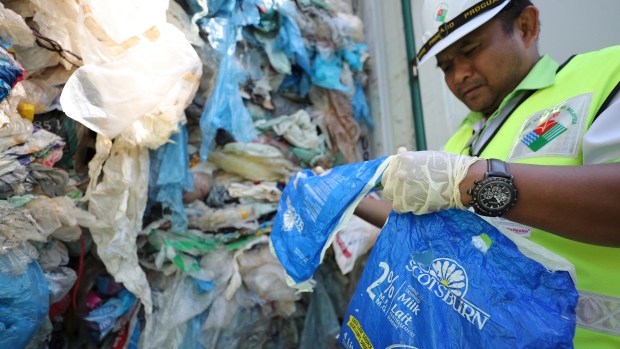Researchers Discovered Link Between Coffee, Bees and Climate Change
A new study shows that by 2050, climate change could reduce the ground usable to grow coffee by as much as 88%
It is well known that pollinators such as bees play a very important role in the process of producing beans that eventually turn into coffee. More than that, they are responsible for 20-25% of coffee production as they increase the plants’ yield, according to Taylor Ricketts, director of the University of Vermont’s Gund Institute for Environment.
Unfortunately, climate change is threatening pollinators, as well as the areas in which coffee grows, such as Latin America.
More than that, it has been projected that by 2050, climate change could reduce the amount of ground that can be used to grow coffee in Latin America by up to 88%, which is significantly higher than all previous estimates.
“We’ve known for a while that climate change is going to mess with agriculture in a lot of ways,” says Ricketts.
“These are all individual species that happened to co-occur now,” Ricketts added.
The entire situation raises the question: will pollinators “exacerbate this problem with coffee and climate change or soften the blow?”
To get a response to that, researchers used computer models and discovered that it was a little bit of both. Most coffee growing lands will see a reduction in the number of bee species, but 16% will see more diversity.
The areas which are expected to lose the most coffee growing land are: Nicaragua, Honduras and Venezuela. On the other hand, there are also areas which are expected to see an expansion of suitable land for coffee growing, such as: Mexico, Guatemala, Colombia and Costa Rica.
Source: nhpr.org







